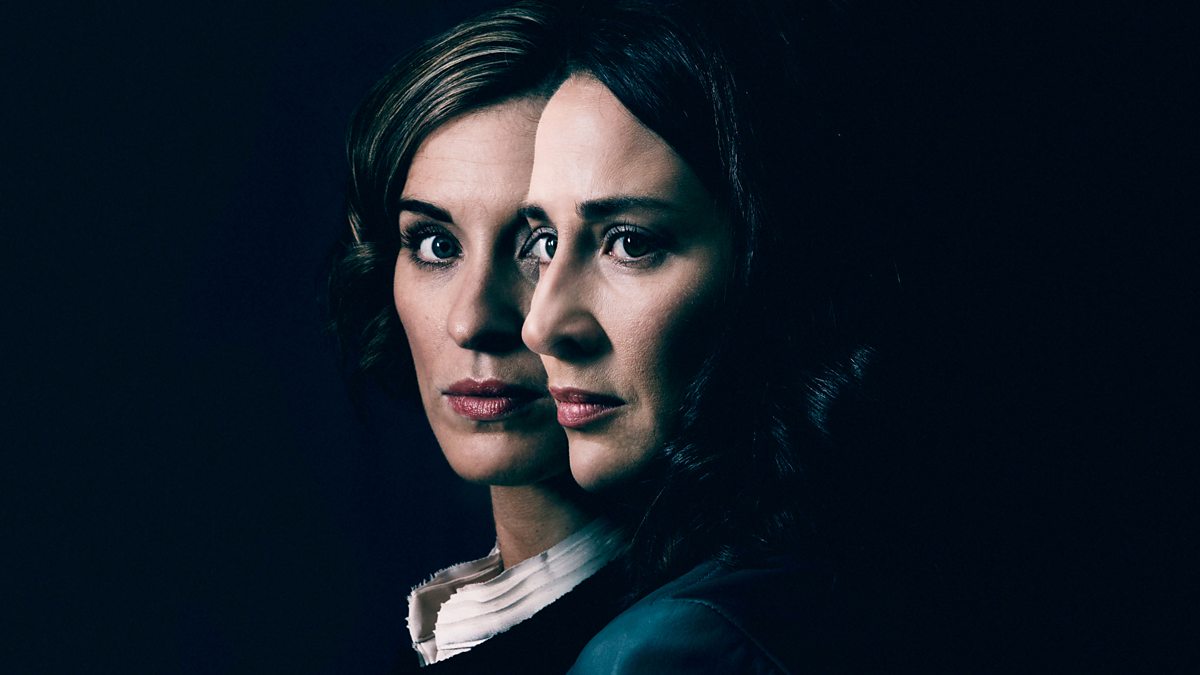The Replacement is BBC1’s new three-part psychological thriller about newly pregnant Glaswegian architect, Ellen, and her replacement, Paula. The show follows the two women as Paula learns the ropes until Ellen’s maternity leave. Whilst it starts quite mundane, Ellen quickly suspects over-achieving Paula’s motives when she gains access to files and cuts her out of meetings but somehow always retains the perfect reason for her actions, making Ellen look jealous and a bit mental. Tension in the workplace heightens until eventually Ellen is suspended and convinced of her replacement’s sinister motives. However, the show really escalates at the end when Ellen witnesses something her hormones could not have embellished before going into labour.
The show explores both the way we treat pregnant women and mental health issues, something that isn’t given enough light by the BBC. Throughout the first episode the pregnant Ellen is constantly being told what motherhood will be like and having people touch her belly like it’s public property. When she first begins to suspect Paula it’s put down to her hormones and yet the show always leaves the possibility that Ellen’s suspicions are right. It’s later revealed that Ellen previously suffered from depression after her mother died. This fact is also used against her suspicions and provides a comment on how society treats people with mental health issues as a scapegoat opposed to actually listening to their opinions.
As a show based around maternity leave and having an actual job, it may seem like it wouldn’t appeal to university students who for the most part are in their early 20s and the prospects of an internship let alone a job are about as high as us ever buying a house. However, the real draw of the show is the psychological exploration as we question whether Ellen is being a neurotic crazed pregnant woman or her replacement is in fact a psychotic murderer. A question that is less easy to answer than it may seem! Whilst I doubt the show gives a realistic view into the ‘real world’, in that our co-workers will try to kill us if we take time off, the show does question the pressures that particularly women face in the workplace. The show seems to heighten the often competitive nature of successful women in the workplace and a more general paranoia about people’s place in the world.
Much like Gone Girl it’s never quite clear who to believe, and ultimately that’s what keeps the show interesting, even if the specific subject matter may not appeal to you, and the casting is excellent and brilliantly acted. All-in-all an interesting show that raises good points and whilst the plot can be slow at times, that’s more down to a lack of relatability and there’s always an ending hook that keeps you wanting more.
Olivia Raine
(Image: BBC)

